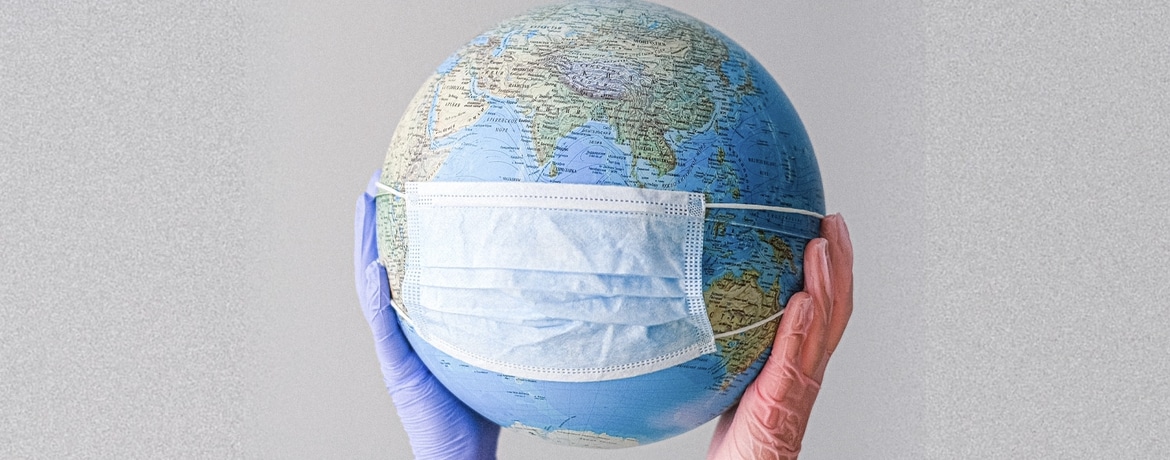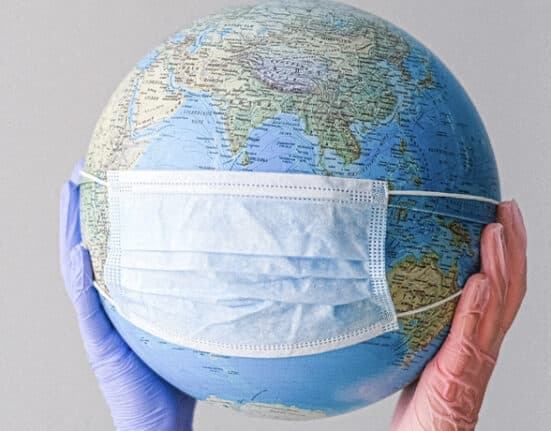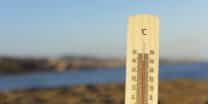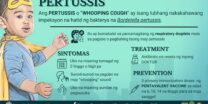DO you remember how lost the Philippine government was at the beginning of the pandemic? Government leaders had to creatively rename “lockdown” into a “community quarantine.”
Two years after the pandemic, the government wants this fixed.
The Marcos administration is pushing Congress to approve the bill creating the Philippine Center for Disease Prevention and Control (CDC).
It is one of 10 priority bills that the Legislative-Executive Development Advisory Council agreed to approve by June this year, along with the controversial Maharlika Investment Fund bill and the mandatory Reserve Officers Training Corps and National Service Training Program.
Many officials agree that the Philippines needs to improve its healthcare system and step up its efforts to safeguard the well-being of its citizens, especially during public health emergencies.
The CDC is one measure seen to give the system a much-needed boost as it will be able to focus on preventing and addressing health threats, which, as seen during the COVID-19 pandemic, can also hobble the economy.
The CDC bill’s main sponsor, Sen. Pia Cayetano, warned that there is a 47 to 57 percent chance of another global pandemic as deadly as COVID-19 in the next 25 years.
“Now more than ever, we need to invest in our healthcare system to prepare us better for other possible health emergencies and to help us build a more sustainable future beyond COVID-19,” Cayetano said.
What is the proposed CDC?
This CDC will be a science-based agency under the office of the Department of Health Secretary.
It will be the technical authority on forecasting, analysis, strategy, and standards development for the prevention and control of all diseases of public health importance and health security events.
It will also liaise with the CDCs of other countries and will be the Philippines’ national focal point for International health regulations concerns.
In essence, the CDC will conduct activities that will keep track of illnesses and viruses and limit their spread to stop a health crisis in its tracks.
These are the CDC’s duties:
- Come up with strategies, standards, and policies for disease prevention and control
- Implement disease surveillance and field epidemiology activities
- Collect data and analyze these
- Establish and strengthen public health laboratories
- Recommend actions to the government on how to deal with public health threats
- Lead public health and risk communications
- Conduct and manage health research and evidence synthesis
- Build local capacity for surveillance and health research
- Promote scientific integrity by ensuring that all its products are technically accurate, scientifically and ethically sound, and useful to the government and the intended population
Component centers
The CDC will have three component centers.
The Research Institute for Tropical Medicine will be renamed the Philippine Research Institute of Medicine under the CDC. Its duties include policy-making for the prevention and control of all diseases, high-quality health research, and the manufacture of vaccines and biologicals or drugs.
Another component center will be the Center for Health Statistics, which will analyze data and manage health information systems.
A third will be the Center for Epidemiology and Surveillance, which will study the distribution and patterns of diseases. It will take over the tasks of the DOH’s Epidemiology Bureau.
Local vaccine manufacture
The bill states that the CDC, the Department of Health, the Department of Science and Technology, the Department of Trade and Industry, and other agencies should promote vaccine self-reliance in the country.
The Vaccine Self-Reliance National Action Plan will be the roadmap for all stakeholders to guide the development of policies, strategies, and initiatives. These include providing incentives for investment and maintenance of vaccine manufacturing infrastructure.
The CDC officials and staff
A Director General will head the CDC, while Deputy Director Generals will head its component centers.
The Director General will provide leadership, policy guidelines, and technical leadership. They will also determine the occurrence of a public health emergency, which needs the approval of the Health Secretary and final certification by the President of the Philippines.
The Health Secretary and the Department of Budget and Management will determine the CDC’s organizational structure and staffing pattern. Scientific and highly technical staff will be exempt from the salary scales of government employees.
Special powers of the President
The CDC bill gives special powers to the President during a public health emergency. These include mobilizing government and non-government agencies, including the private sector.
The President will be authorized to initiate national policies to prevent and mitigate the further transmission of diseases and to direct the DOH to ensure the adequate and equitable distribution of health workers during public health emergencies.
He also has the power to provide social benefits for health workers and to protect them and their families against discrimination.
He can likewise ensure that government agencies implement measures to protect people from hoarding, profiteering, price manipulation, monopolistic practices, and the like.
Special powers of the CDC
During public health emergencies, the CDC could recommend to the Health Secretary the implementation of interventions under special regularity authorization from the Food and Drug Administration.
Examples of this are the COVID-19 vaccine used in the Philippines.
Exemption from liability
The CDC bill exempts public officials and employees, program implementers, and workers involved in public health emergency response from liability concerning claims related to countermeasures to address the public health emergency.
With a main government body in charge of keeping a close watch on the emergence and movement of diseases and viruses, the Philippines has a better chance of avoiding a health crisis and preventing a pandemic in the years to come.









